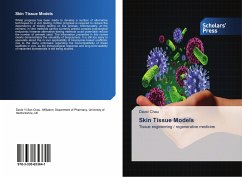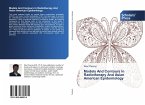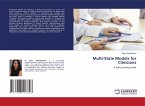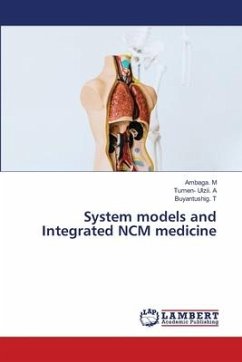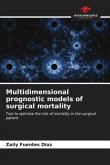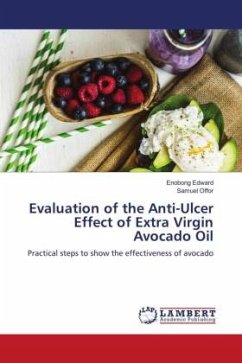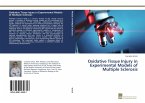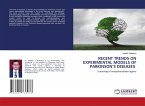Whilst progress has been made to develop a number of alternative techniques to in vivo testing, further progress is required to reduce the dependency of toxicity testing on live animals. Unfortunately, at the moment, in vitro methods cannot currently predict complex toxicological endpoints; however alternative testing methods could potentially reduce the number of animals used. The information presented in this review clearly demonstrates the versatility of biopolymers. It is still too early to speculate about the in vivo applicability of biopolymer-based scaffolds, due to the many unknowns regarding the biocompatibility of these scaffolds in vivo, as the immunological response and long-term stability of implanted biomaterials is still being studied.

